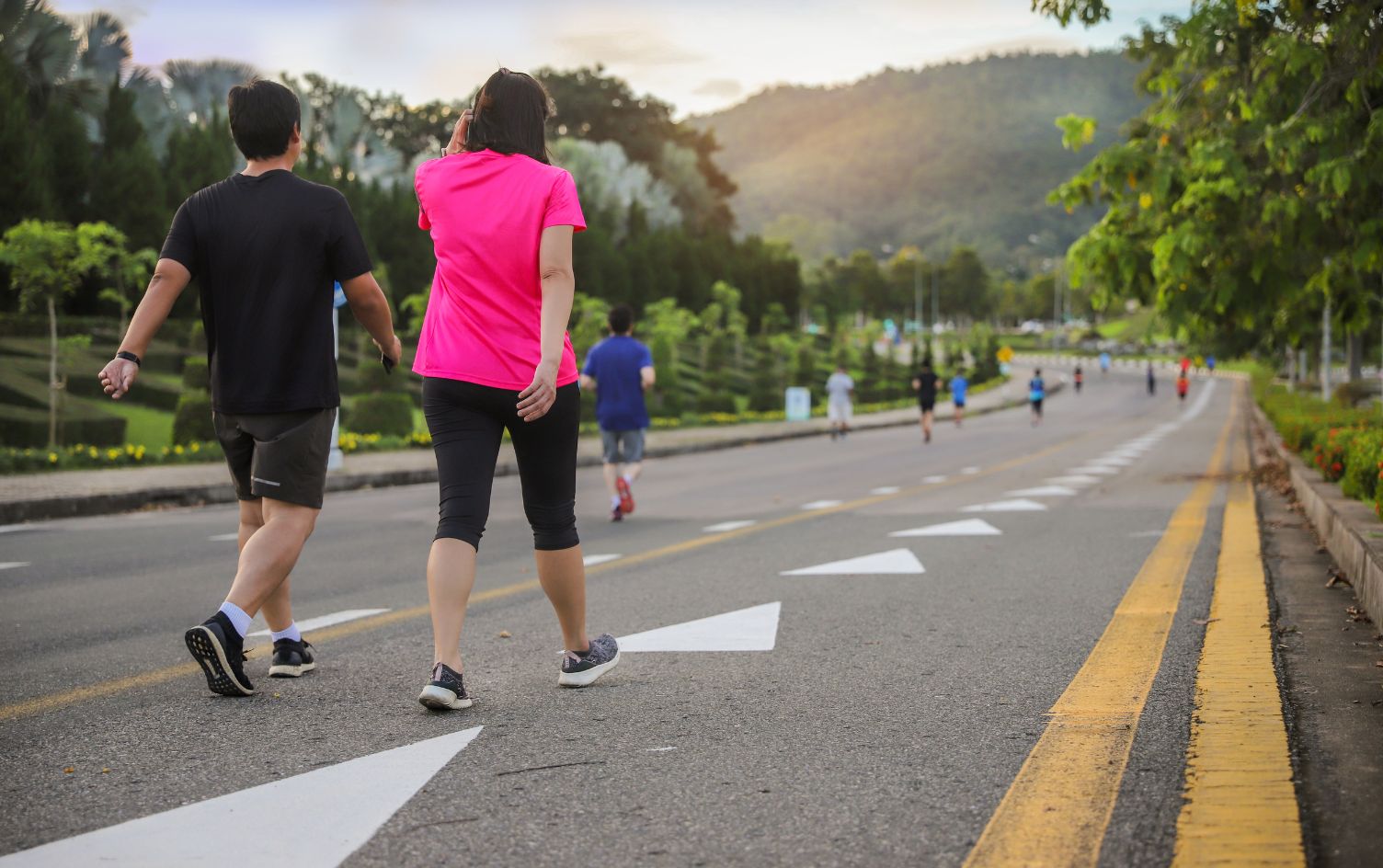Lacing up your sneakers is undeniably good for your health: Walking burns calories, improves balance, builds muscle and boosts mood levels. What’s more, the latest research also links walking with a longer lifespan, even if you were previously sedentary. Here, a look at the study and how to reap the benefits:
THE SCIENCE
Researchers tracked the lifetime exercise patterns of more than 315,000 participants and found older adults who engaged in regular exercise since adolescence had a 36% lower risk of “all-cause mortality” or dying from any cause during the study period than those who were sedentary. “Physical activity affects many biological processes, including improving glucose metabolism and contributing to weight maintenance,” explains Alpa Patel, PhD, senior scientific director for the American Cancer Society.
However, if you spent your younger years watching cartoons and playing video games, all is not lost. Researchers discovered people who started exercising in their 40s and 50s experienced similar protection; their risk of all-cause mortality declined 35%. The rates of heart disease and cancer also dropped among those who started exercising later in life compared to those who never exercised.
HOW TO GET STARTED
“The exact mechanisms and amount of activity needed for the greatest benefits are still being studied,” notes Patel, however, “doing something is better than doing nothing.” That means you’ll reap the benefits of even a short, brisk walk.
“It’s never too late to start engaging in activity to improve your health, and walking is an easy and affordable type of activity,” adds Dr. Somwail Rasla, a cardiology fellow at Saint Vincent Hospital in Worcester, Massachusetts. “As with any other physical activity, how long and how often [you walk] will give you the best overall benefit,” notes Rasla.
If you’re new to walking, start with a 10-minute walk around the block and slowly increase your duration or follow a beginner plan. If you’re looking for more of a challenge, add weights or play with incline.




